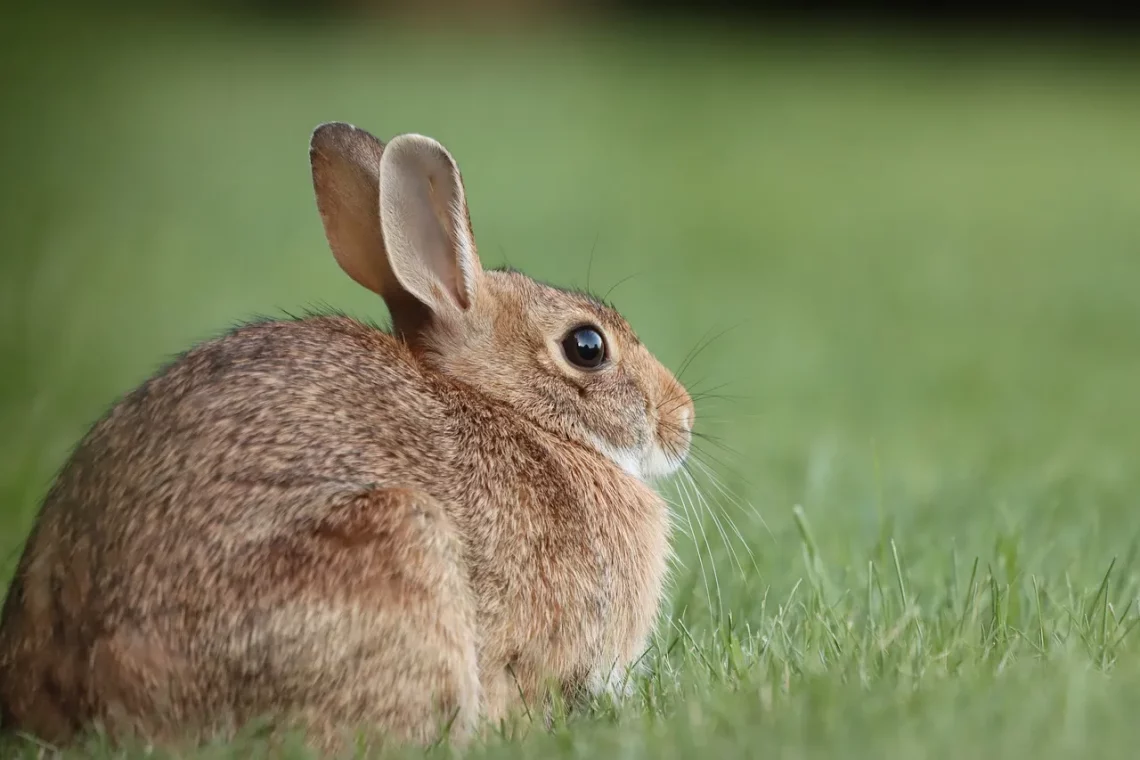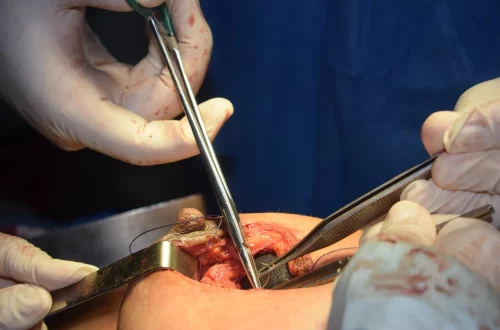
Understanding the Behavior of a Rabbit Licking Her Own Pee
Rabbits are fascinating creatures, often characterized by their playful nature and unique behaviors. As pet owners or enthusiasts, we frequently find ourselves captivated by the quirks and idiosyncrasies of these adorable animals. One behavior that may raise eyebrows and prompt questions is when a rabbit licks its own urine. To the untrained eye, this might seem peculiar or even alarming, but it is essential to understand that rabbits exhibit a range of natural behaviors that are rooted in their instincts.
In the animal kingdom, such behaviors often serve practical purposes, from grooming to territory marking. Rabbits, as prey animals, have evolved behaviors that help them maintain hygiene, communicate with others, and navigate their environment. Their instinctual actions can sometimes baffle us, leading to misunderstandings about what is considered normal. As we delve deeper into the rabbit’s world, we begin to see that their actions, including the seemingly odd habit of licking their urine, often have explanations grounded in biology and psychology.
Understanding these behaviors not only enriches our knowledge of these delightful pets but can also enhance our relationship with them. By appreciating the reasons behind such actions, we can better care for our rabbits and ensure their well-being. This article aims to explore the various aspects of this behavior, shedding light on the underlying reasons and the broader implications for rabbit care.
Understanding Rabbit Grooming Habits
Rabbits are known for their fastidious grooming habits. They spend a significant portion of their day cleaning themselves, which is essential for their health and hygiene. This grooming behavior is not just about vanity; it plays a crucial role in preventing parasites and infections. By keeping their fur clean and free of debris, rabbits are more likely to maintain healthy skin.
Grooming extends beyond simply cleaning their fur. Rabbits also groom each other as a form of social bonding. This behavior is particularly evident among rabbits that live in groups. When one rabbit grooms another, it helps to strengthen social ties and establish hierarchies within the group. This mutual grooming can be seen as a sign of affection and trust, which is vital for their emotional well-being.
When a rabbit licks its own urine, it may appear counterintuitive, but it can be viewed as part of their grooming routine. Rabbits have scent glands that produce pheromones, which are chemicals used for communication. By licking their urine, they may be redistributing these scents, marking their territory, or simply cleaning themselves. This behavior can also serve to signal to other rabbits in the area, indicating their presence and reproductive status.
Understanding the context of grooming habits can help pet owners realize that licking urine is a normal behavior and not necessarily a cause for concern. However, it is essential to monitor the overall health of the rabbit. If excessive licking or other unusual behaviors are observed, it might warrant a visit to the veterinarian to rule out any underlying health issues.
The Role of Scent Marking in Rabbit Behavior
Scent marking is a fundamental aspect of rabbit behavior, serving various purposes in their natural habitat. Rabbits are territorial animals, and they use scents to communicate with others and define their boundaries. The urine of a rabbit contains pheromones that carry important information about the rabbit’s identity, reproductive status, and health.
When a rabbit licks its urine, it may be reinforcing its scent in the environment. This behavior is particularly common in unspayed or unneutered rabbits, who have a heightened need to mark their territory. By licking their urine, they can ensure that their scent is stronger and more detectable to other rabbits. This is an instinctual behavior that stems from their wild ancestors, who relied on scent to navigate their territories and avoid potential threats.
In multi-rabbit households, scent marking becomes even more critical. Rabbits will often engage in this behavior to assert dominance or communicate their presence to other rabbits. It is a way of establishing social order and can help prevent conflicts over resources like food or space. Owners of multiple rabbits should be aware of these dynamics and provide sufficient space and resources to minimize territorial disputes.
While scent marking is a natural behavior, it can be managed in domestic rabbits. Spaying or neutering can reduce the intensity of scent marking, as it decreases hormone-driven behaviors. Additionally, providing appropriate enrichment and socialization opportunities can help rabbits express their natural instincts in a healthy manner.
Possible Health Concerns Related to Urine Licking
While licking urine can be a natural behavior, there are instances where it may indicate underlying health concerns. Rabbits are sensitive creatures, and changes in their habits can sometimes be a sign of distress or illness. It’s essential for owners to be vigilant and observe any changes in their rabbit’s behavior.
One potential health issue related to urine licking is urinary tract infections (UTIs). If a rabbit is licking its urine excessively or seems to be in discomfort while urinating, it may be experiencing a UTI. Other signs of a UTI can include changes in urine color, blood in the urine, or straining to urinate. In such cases, a veterinarian should be consulted for a proper diagnosis and treatment.
Another concern could be dental problems, which are common in rabbits. If a rabbit is in pain due to dental issues, it might engage in unusual behaviors, including excessive grooming or licking. Regular dental check-ups and providing appropriate chew toys can help prevent dental health issues.
Moreover, stress can be a significant factor in a rabbit’s behavior. Changes in their environment, such as moving to a new home, the introduction of new pets, or alterations in their daily routine, can lead to anxiety. Stress can manifest in various ways, including changes in grooming habits. Providing a stable and enriched environment is crucial for a rabbit’s mental health.
While licking urine can be a normal behavior, it is always best to err on the side of caution. If there are concerns about a rabbit’s health or behavior, seeking the advice of a veterinarian is crucial for ensuring the well-being of the pet.
Enhancing Your Rabbit’s Environment for Well-being
Creating a positive environment for your rabbit can significantly impact its behavior and overall happiness. A well-designed habitat allows rabbits to express their natural instincts, including grooming and exploring.
To enhance a rabbit’s living space, consider providing various enrichment options. Rabbits are curious animals that thrive on mental stimulation. Toys that encourage chewing, digging, and exploring can keep them engaged and satisfied. Items such as cardboard boxes, tunnels, and treat puzzles can provide hours of entertainment.
Additionally, socialization is vital for a rabbit’s emotional health. If possible, consider adopting a pair of rabbits, as they often benefit from companionship. However, always ensure that they are properly introduced and have compatible personalities to prevent conflicts.
A clean environment is also essential. Regularly cleaning the rabbit’s living area helps to minimize odors and prevent the buildup of bacteria. This practice not only promotes health but also encourages natural behaviors, as rabbits feel more secure in a clean space.
Finally, providing a balanced diet rich in hay, fresh vegetables, and limited pellets is crucial for maintaining a rabbit’s health. A healthy diet supports their grooming habits, as good nutrition can lead to better fur condition and overall well-being.
In conclusion, understanding the behavior of a rabbit licking its urine requires a multifaceted approach. By recognizing the natural instincts behind this behavior, we can better support our rabbits’ health and happiness.
**Disclaimer:** This article is for informational purposes only and does not constitute medical advice. If you have health concerns regarding your rabbit, please consult a qualified veterinarian.




